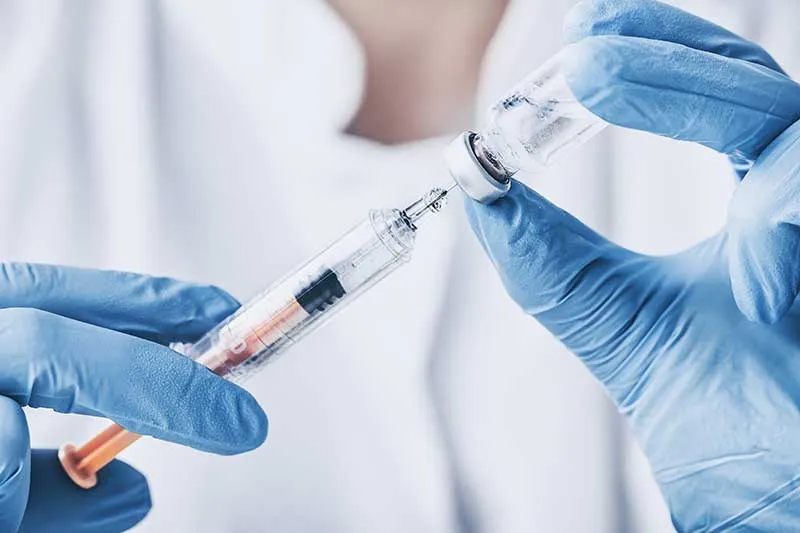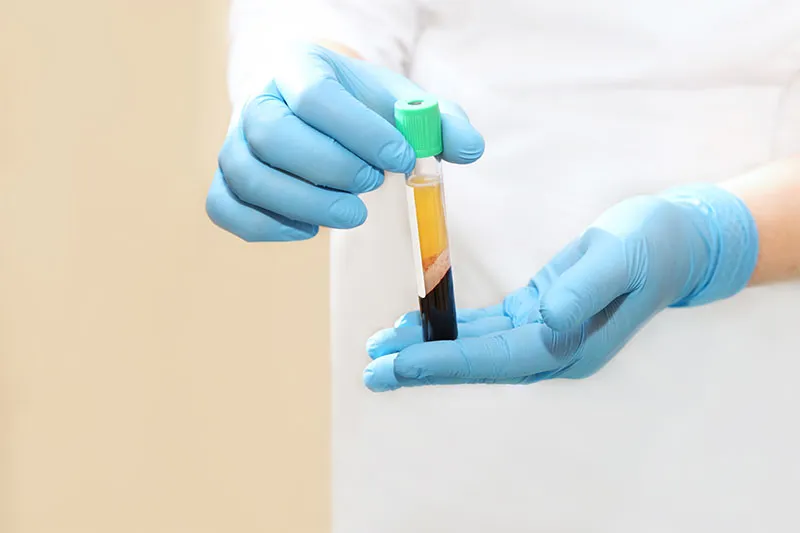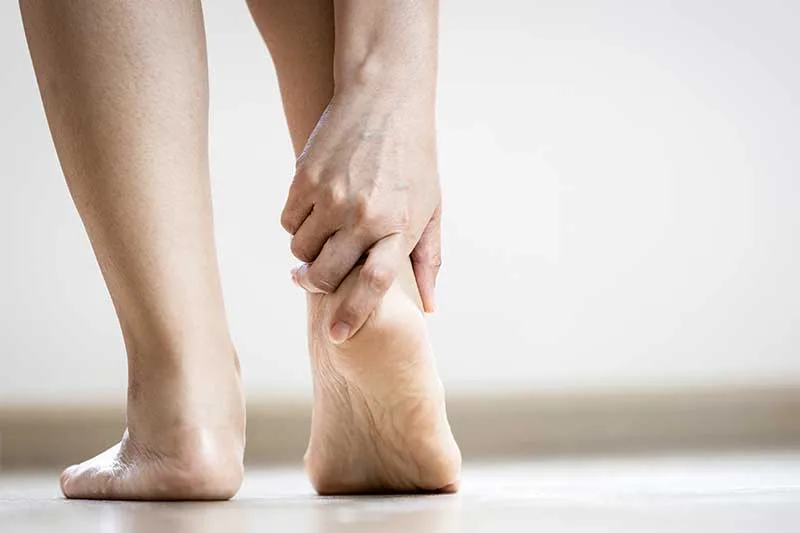
Steroid injections are used as a potent anti-inflammatory that directly targets inflammation, i.e. within the knee joint. Steroids tend to act over a period of 8 to 12 weeks and can significantly and rapidly reduce pain and inflammation, features seen in many musculoskeletal conditions. Steroid injections will often form a first line treatment option for many of the conditions treated at The Joint Injection Clinic and have been used successfully for many years. Steroid injections are used to treat knee and hip arthritis, tendon problems such as de Quervain’s Tenosynovitis, Frozen Shoulder and Bursitis.

Hyaluronic acid injections, also known as lubricant injections are particularly useful in treating osteoarthritis of big joints, such as the knee and hip. They can be a useful way of helping to lubricate the joint and facilitate normal movement of a joint, as well as reducing inflammation. They act like the normal synovial fluid which aids lubrication and movement of a healthy knee or hip joint. It also acts to absorb shock within a healthy weight bearing joint.

Platelet rich plasma injections are often used for early stage knee arthritis where there is minimal cartilage damage. They are also used for tendon issues such as tennis elbow and planter fasciitis. The PRP is obtained by taking 5 to 10 mils of blood as one would with a normal blood test. This whole blood is then centrifuged (spun down) for five minutes...

A high-volume injection (hydrodilatation) can be extremely useful in conditions such as adhesive capsulitis (frozen shoulder). The high-volume injection is used to expand a tightened and constricted capsule which is responsible for restriction of range of movement in frozen shoulder.

Perineural injections can be an effective way of reducing sensitivity and inflammation associated with many nerve disorders, for example, carpal tunnel syndrome, or meralgia paraesthetica.